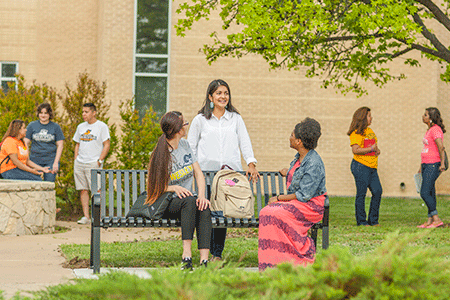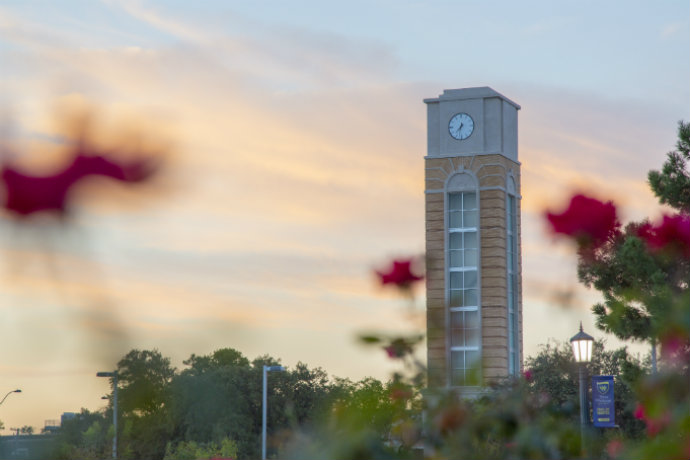Benefits of getting your master’s in marriage & family therapy at a small school

You’ve heard students referred to as a big fish in a small pond or a small fish in a big pond. The size of the school you choose really DOES make a difference in your success. Especially when it comes to getting your master’s in marriage and family therapy.
Hands-on experience and having faculty there to answer all of your questions is important. Here are some of the benefits of attending a small school to earn your master’s in marriage and family therapy:
Less Competition for Resources.
Sad but true, when classes get too large, many students earning their master’s in marriage and family therapy have to go without many of the resources they deserve to have access to as tuition payers. These resources include the professor’s time, textbooks, experience in a counseling center and technology. Small schools can more easily supply students with the tools that they need, and are more likely to notice that a student is not being given the resources they need to succeed in classes.
More Personal Attention.
At large schools, students are lucky if a professor recognizes them as one of their students, let alone knows their name. A smaller class size means a more individualized education, where you are able to discuss your struggles and your triumphs instead of having the struggles of the class as a whole addressed. More interaction in the classroom, more time to meet during office hours and more personal letters of recommendation from professors who truly know you are all benefits of attending a small school for your master’s in marriage and family therapy.
More Real-Life Experiences.
Learning the theory of counseling is the first step, but that theory isn’t so useful when you can’t apply it. That is why practicums are so important. They allow you to apply what you’ve learned to real-life situations, giving you practical experience and allowing you to feel more comfortable in your role as a counselor.
At Texas Wesleyan, we have a counseling center called The University Counseling Center, where students studying for their master’s in marriage and family therapy can work with real clients to complete their practicum. Large schools often send students off-campus to complete the hands-on phase of their education, as small counseling centers cannot employ large classes of students. Small classes sometimes mean more time face-to-face with clients and less time with your face in a book.








